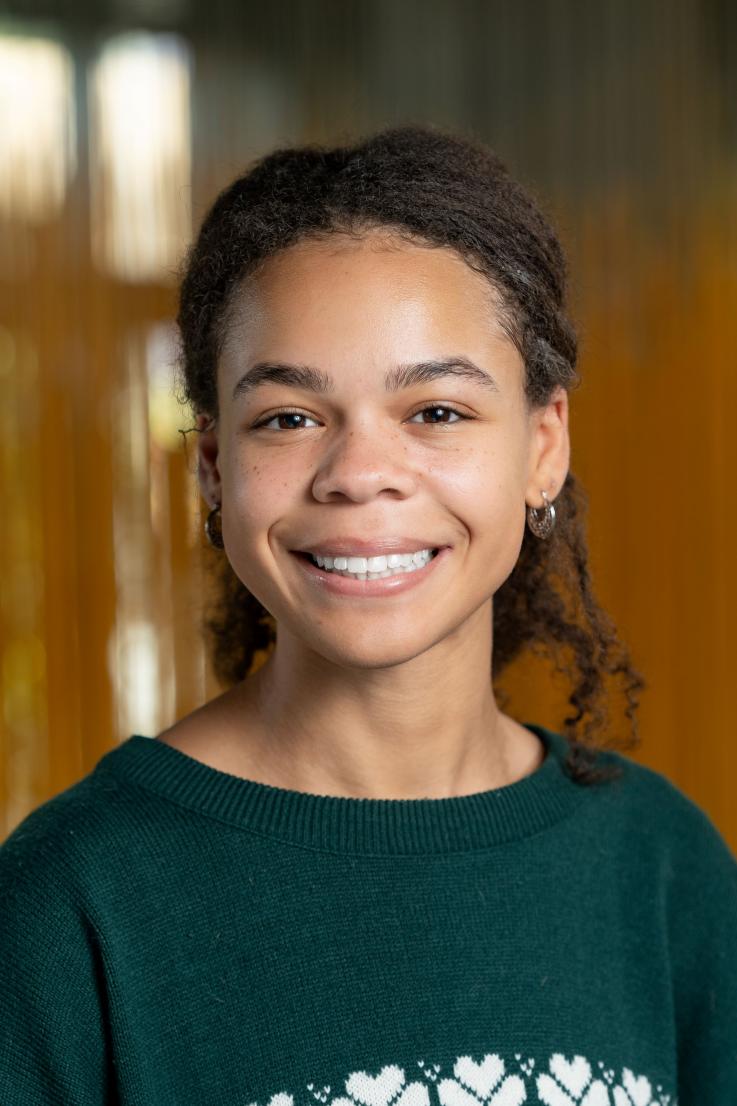GSEE Graduate Supplemental Award
Master of Public Health program
Please tell us a little bit about yourself.
I was born in Portland, Oregon but grew up in Oak Park, Illinois, a suburb just west of Chicago’s Austin border. I went to the University of Wisconsin–Madison for undergraduate, studying Global Health and Life Sciences Communication. I am driven by the pursuit of health equity, reproductive justice, and human rights for all. As a Black woman, improving the health of the African diaspora is a critical component of my professional interests. My passion for global health was partially influenced by my interest in linguistics; I have studied French for over 10 years and began teaching myself Spanish 3 years ago. I look forward to learning Arabic and Swahili in the near future. My study of language has taught [me] cultural humility, a skill I view as critical in global health work.
Why did you decide to attend the UW for graduate school?
When applying to Master of Public Health (MPH) programs, I looked for programs with a strong curriculum and impactful global presence. My faculty mentors at the University of Wisconsin–Madison were very excited about my application to the University of Washington, highlighting that the Department of Global Health is an international leader in the field. Given my specific interest in sexual and reproductive health, the graduate certificate in Global Health of Women, Adolescents, and Children (Global WACh) was extremely appealing to me as a formal structure to develop and apply my global health knowledge. In addition to the academic strength of the program, the funding opportunities were the final factor in my decision to attend the University of Washington for graduate school.
What are your research interests?
I am passionate about the intersection of sexual and reproductive health, human rights, and social justice. Specifically, I am interested in violence against women and girls in conflict settings or populations experiencing homelessness.
What are you enjoying most about your graduate program?
Across departments in the School of Public Health, I have noticed a consistent inclusive, bottom-up approach to teaching. All of the faculty members I have had as instructors or met in other spaces have been very collaborative and treat students as peers and not pupils. Additionally, they are very willing to meet and share research, practicum, or thesis and capstone project ideas. In this sense, the School is doing a wonderful job preparing students for entering the public health workforce and staying true to its values of shared learning and community.
